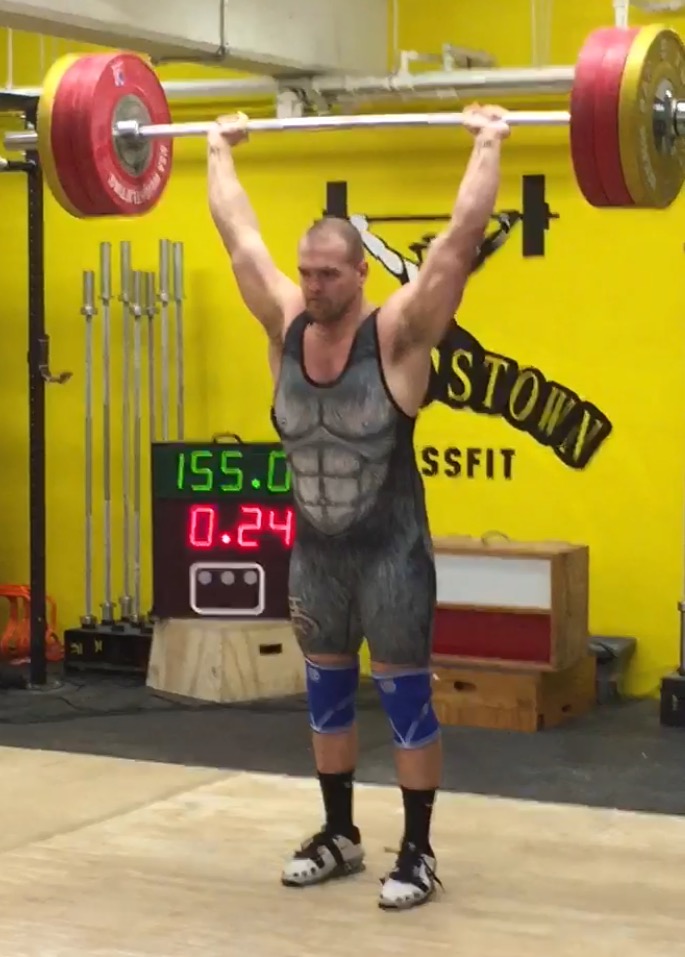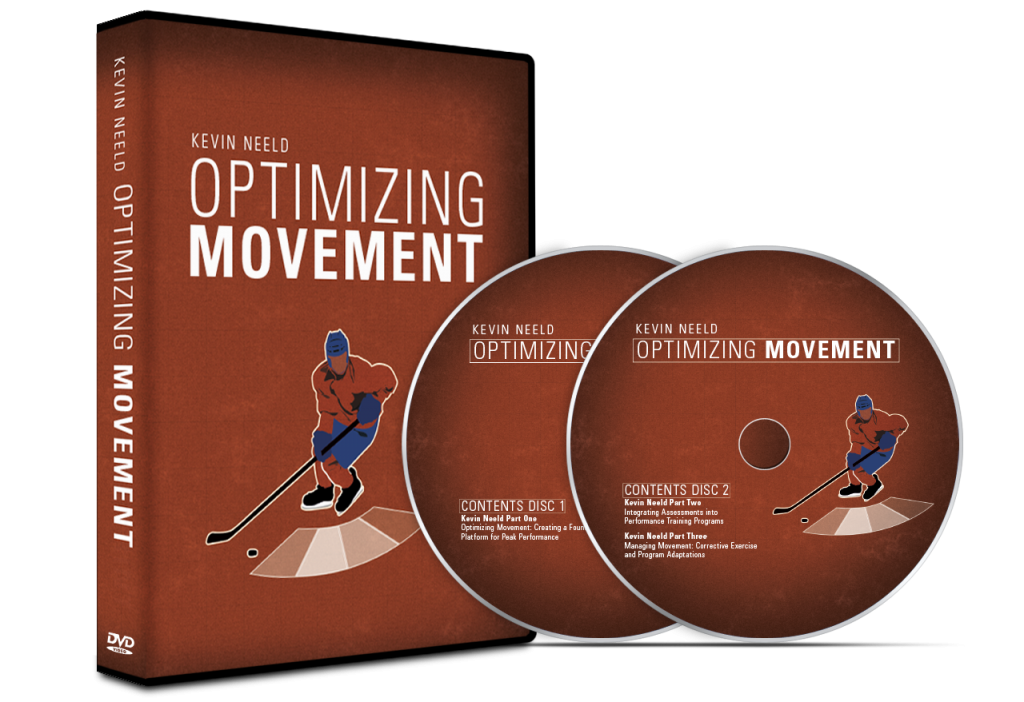Matt Sees, my coworker at Endeavor, recently competed in his 2nd ever Olympic Weightlifting meet and absolutely crushed his totals from last year. As a result, I thought it would be a great time to have him weigh in on a few simple tips that he’s relied on to get really strong, and some things for you to consider integrating into your own routine.

Not just the strongest, also the best dressed.
For those of you that do not know me, I like to simplify things to a fault. Today’s society has tons of information, which, despite the ease of access, is mostly horrible. Most children will dismiss information from their parents, but accept advice from a random person on the internet.
Sadly, a lot of people will trust what they read from somebody who sells themselves as a “Training Guru” and wants you to buy the next best thing. As Richard Carlson said, “If it sounds too good to be true, it probably is.” I am going to give you three simple tips that if you follow consistently, you will smack yourself in the head for not doing it sooner.
Tip #1: Go to bed early
For some reason our culture believes that sleeping is for lazy people and that those who work hard rarely sleep. I do not know if people truly mean this or it’s their excuse for not being able to go to sleep because of their jacked up nervous system. If you want to get strong and you get 6 hours of sleep a night, just pick a new goal because it will not happen.
The strongest people in the world get around 9 hours of sleep a night and sneak in a nap!
See reference to Cuban Olympic lifters here: Some Ideas About Muscle Gain
Great things happen to your body when you sleep. All those hormones many people try to buy for hundreds to thousands of dollars are produced naturally in your body! (especially between 11pm-1am.) A good rule of thumb is to start with 8 hours a night and add an extra 1 hour for every hour of training that day.
If you don’t have time, make time.
Tip#2: Eat REAL food
The headline really speaks for itself, but I want to make sure you don’t get this wrong. When people think of working out and proper nutrition, the majority of the time they will think of pre-workout supplements, and protein shakes/bars.
Commercial advertising deserves a pat on the back for doing their job. Those things can have their place in your diet, but they should make up well under 10% of your total nutritional intake. For strength improvements, eating some grass-fed red meat will get you stronger faster than anything else I can think of. Save your money with the gimmick supplements and start eating more high quality meat.
Also, try avoiding foods that advocate themselves as “low-fat”. Cooking your food with quality fats such as grass-fed butter, olive oils etc. can do wonders for your hormonal profile.
Let’s not forget about vegetables! These things are filled with vitamins and minerals that will keep you feeling great and able to train hard on a consistent level! If you cook them in the above mentioned fats and add in some seasonings you will have no problem eating them by the plateful.
Tip #3: Train Heavy Consistently
To keep this extremely simple, let’s define heavy as sets of 6 or less reps with a load that makes the set difficult to complete. A lot of coaches will argue whether reps should be maximal or submaximal efforts, and I tend to err on the side of the latter. While there is a time and place when sets should be maximal effort (i.e. competitions), it’s rare that this is necessary in practice/training because they’re simply too taxing on the central nervous system to be able to perform them consistently. Hitting “perfect” reps at a truly maximal load each set is a tough thing to do, even for elite lifters.
This isn’t to say that the loads should be light, only to say that backing off a few pounds or % of 1-RM (e.g. 5 sets of 3 at 80-90% instead of 85-95%) can still provide an adequate training stimulus while minimizing the risk of compromised form and/or excessive fatigue.
At Endeavor Sports Performance, we all agree that technique important. In this article, technique is extra important because of the last word in the headline. When an athlete trains with less than optimal technique, injury risk increases. If an athlete gets hurt, they cannot train, and if they cannot train then they cannot improve their performance. Don’t get hurt doing something stupid in training.
Take home message
These are very simple tips to apply, but this is precisely why most people ignore them. If you do these things consistently, you will be amazed at how much progress you make!
To your success,
Kevin Neeld
HockeyTransformation.com
OptimizingMovement.com
UltimateHockeyTraining.com
Please enter your first name and email below to sign up for my FREE Athletic Development and Hockey Training Newsletter!
“…one of the best DVDs I’ve ever watched”
“A must for anyone interested in coaching and performance!”
